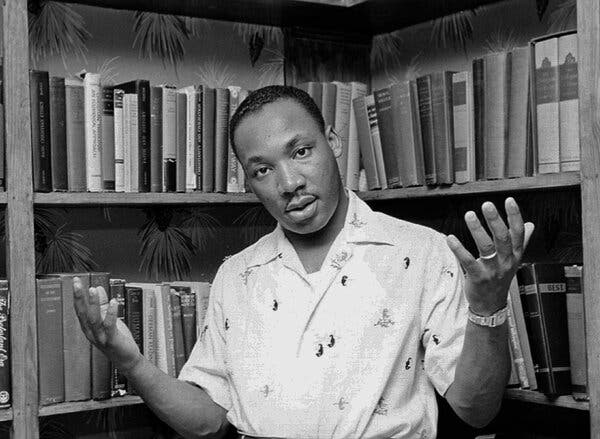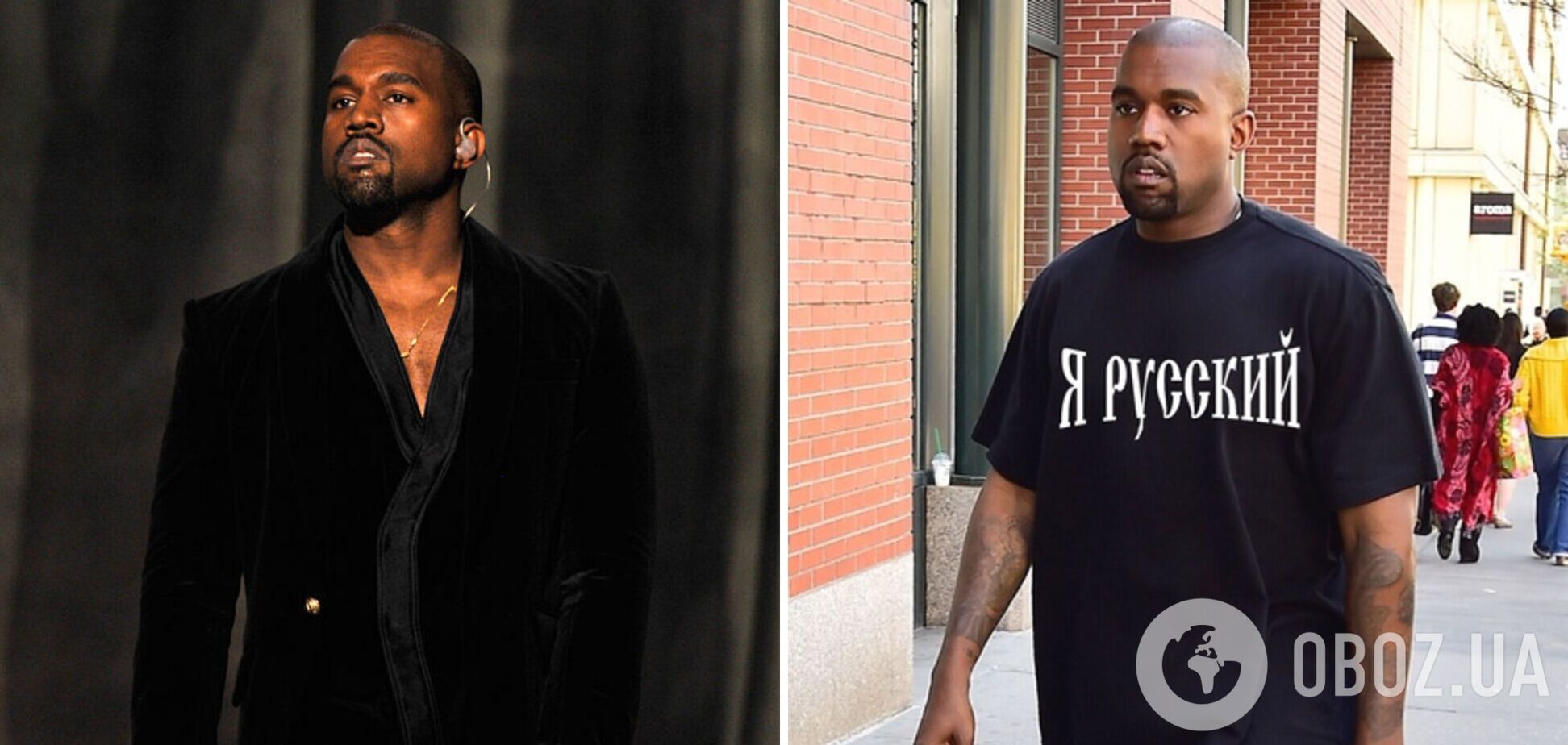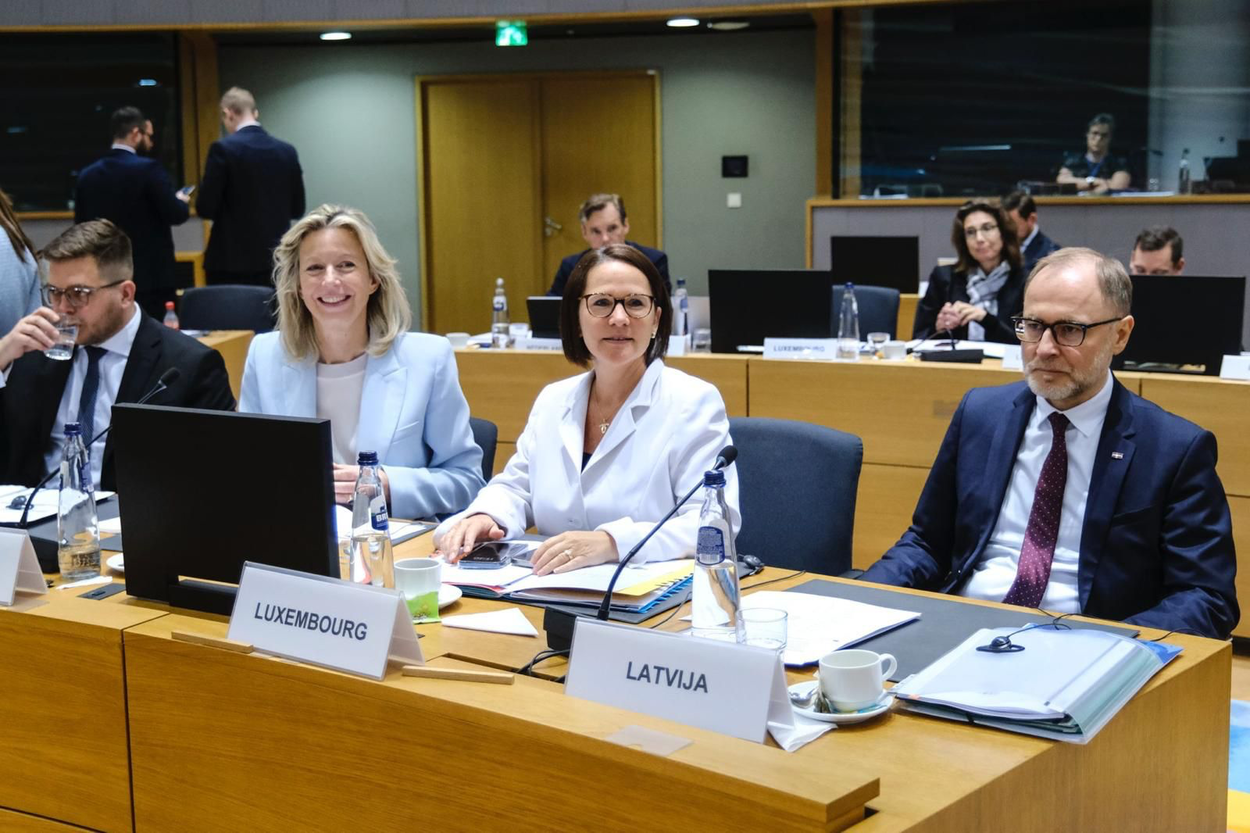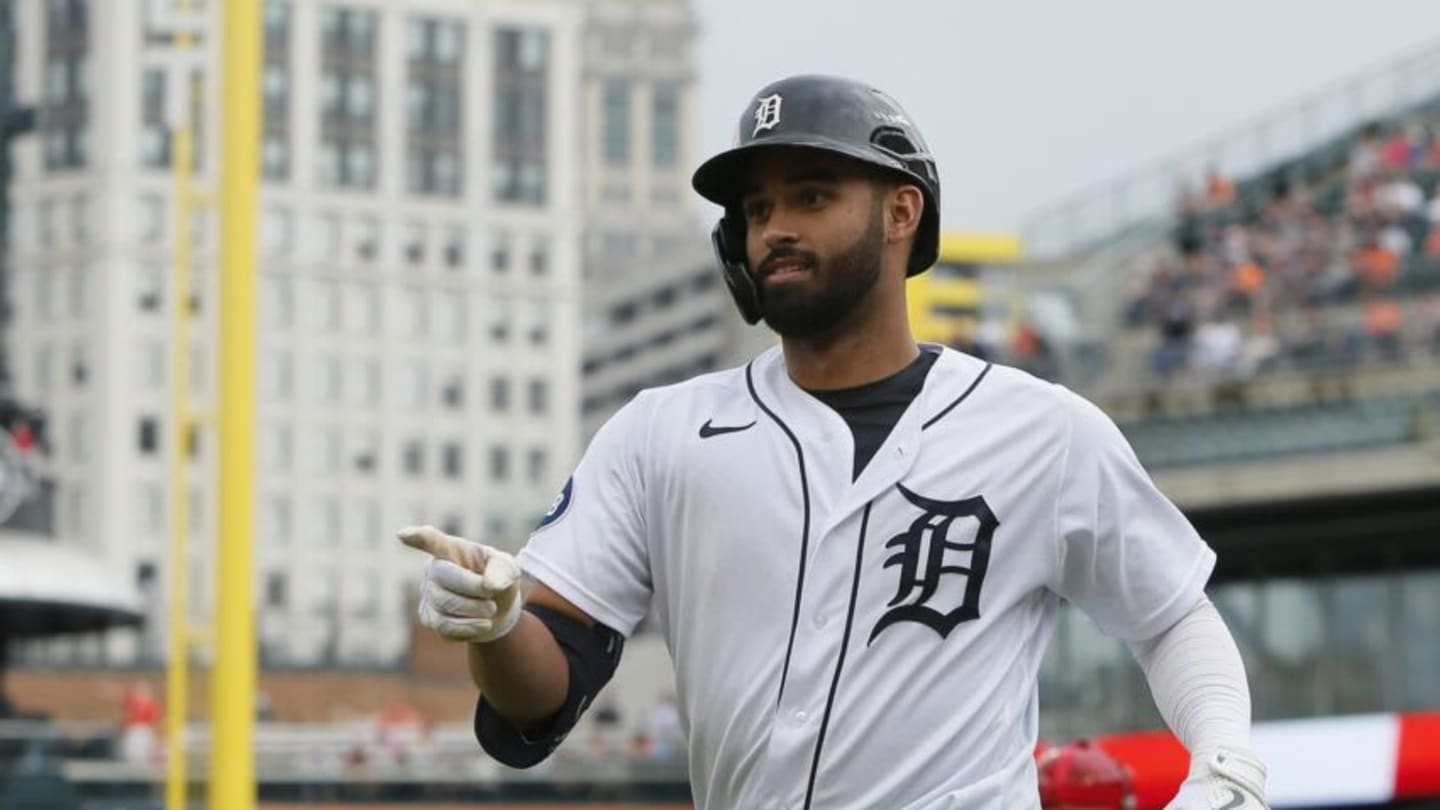Public Opinion On Martin Luther King Jr. Day: Celebration Or Cancellation?

Table of Contents
The Prevalence of Positive Public Opinion on Martin Luther King Jr. Day
The overwhelmingly positive public perception of Martin Luther King Jr. Day stems from the profound impact of Dr. King's work and the enduring legacy of the Civil Rights Movement.
King's Enduring Legacy and its Impact on Civil Rights
Dr. King's leadership was instrumental in achieving landmark achievements in the fight for civil rights. His tireless advocacy and unwavering commitment to nonviolent resistance led to monumental progress:
- The Civil Rights Act of 1964: This landmark legislation outlawed discrimination based on race, color, religion, sex, or national origin.
- The Voting Rights Act of 1965: This act secured the right to vote for African Americans and other minorities, dismantling discriminatory practices like poll taxes and literacy tests.
- The Fair Housing Act of 1968: This act prohibited discrimination in the sale, rental, and financing of housing.
King's influence extends far beyond these legislative victories. His advocacy for social justice and equality continues to inspire movements for human rights globally. Numerous polls consistently demonstrate high levels of positive public perception of King's legacy, solidifying the importance of Martin Luther King Jr. Day as a national commemoration.
Martin Luther King Jr. Day as a National Day of Service
Beyond its commemorative aspects, Martin Luther King Jr. Day is also designated as a national day of service, encouraging citizens to participate in volunteer activities reflecting King's commitment to community betterment. This aspect of the holiday fosters:
- Increased community engagement: Millions of Americans dedicate their time to volunteering on MLK Day, participating in activities ranging from food drives and habitat restoration to tutoring and mentoring programs.
- Educational opportunities for youth: MLK Day provides a valuable opportunity to educate younger generations about King's life, teachings, and the ongoing struggle for social justice.
- Inspiring community projects: Many community projects across the nation are directly inspired by King's ideals, focusing on issues such as poverty reduction, educational equity, and environmental sustainability.
Criticisms and Challenges to the Observance of Martin Luther King Jr. Day
Despite the widespread positive sentiment, critiques and challenges to the observance of Martin Luther King Jr. Day exist, necessitating a nuanced and comprehensive discussion.
Debates Regarding King's Legacy and Actions
While Dr. King is revered as a beacon of hope and justice, some criticisms have been leveled against aspects of his life and actions. These often involve complex historical contexts requiring careful examination:
- Controversies surrounding King's personal life: Discussions regarding his personal conduct are often part of the debate, requiring acknowledgment and contextualization within the historical and social environment of his time.
- Counterarguments supported by evidence: Critical analyses should present counterarguments to criticisms, relying on factual evidence and historical context to provide a balanced perspective.
- Importance of critical historical analysis: It is crucial to engage in critical historical analysis without diminishing the extraordinary achievements and impact of Dr. King's leadership.
Concerns about the Effectiveness of the Holiday
Some argue that Martin Luther King Jr. Day, while symbolically important, is not effective in achieving meaningful social change. These arguments often point to:
- The persistent racial inequality gap: Despite significant progress, racial inequality persists across many aspects of American society, highlighting the gap between the ideals celebrated on MLK Day and the lived realities of many marginalized communities.
- Ongoing systemic issues: Systemic racism continues to manifest in areas such as criminal justice, education, and healthcare, underscoring the need for ongoing action beyond symbolic gestures.
- Alternative approaches for social justice: Proponents of this view suggest that focusing on sustained, concrete actions and policy changes, rather than solely on a single annual holiday, might be more effective in promoting equality and social justice.
Exploring the Diversity of Public Opinion: A Spectrum of Views
Public opinion on Martin Luther King Jr. Day is not monolithic. Diverse perspectives exist, shaped by a multitude of factors.
Regional and Demographic Differences in Public Opinion
Public sentiment towards Martin Luther King Jr. Day varies across different regions and demographics:
- Geographical variations: Views may differ significantly between urban and rural areas, and across various regions of the United States, reflecting diverse historical experiences and social contexts.
- Demographic variations: Public opinion is often influenced by race, age, political affiliation, and socioeconomic status, leading to diverse perspectives on the holiday's significance and effectiveness.
- Data-driven insights: Utilizing survey data and polling results can provide valuable insights into the nuanced range of public opinion on this important national holiday.
The Role of Media and Public Discourse in Shaping Perceptions
Media portrayals and public discussions play a significant role in shaping public perceptions of Martin Luther King Jr. Day:
- Media influence: Different media outlets offer varying interpretations of King's legacy and the significance of the holiday, directly influencing public sentiment.
- Social media impact: Social media platforms facilitate discussions and debates, both amplifying positive support and providing platforms for criticisms and alternative viewpoints.
- Responsible media coverage: Promoting responsible media coverage and fostering informed public debates are crucial for creating a more comprehensive and nuanced understanding of Martin Luther King Jr. Day and its importance.
Conclusion
The observance of Martin Luther King Jr. Day elicits a complex spectrum of public opinion. While the overwhelming sentiment is one of respect and admiration for Dr. King's legacy and the positive impact of the Civil Rights Movement, legitimate critiques exist regarding the holiday's effectiveness and the nuances of Dr. King's life and work. A meaningful celebration of Martin Luther King Jr. Day requires a commitment to ongoing dialogue, critical engagement, and a sustained focus on achieving the ideals of equality and social justice that Dr. King championed. We must engage in a responsible engagement with the legacy of Martin Luther King Jr. Day, fostering a critical understanding that moves us toward a more equitable and just society. Let's continue the conversation, ensuring a respectful and productive debate surrounding this crucial national holiday.

Featured Posts
-
 Kane Uest I Pokhorony Instruktsiya Ot Pashi Tekhnikom
May 18, 2025
Kane Uest I Pokhorony Instruktsiya Ot Pashi Tekhnikom
May 18, 2025 -
 Asamh Bn Ladn Ke Mdah Alka Yagnk Ka Ayk Hyran Kn Dewy
May 18, 2025
Asamh Bn Ladn Ke Mdah Alka Yagnk Ka Ayk Hyran Kn Dewy
May 18, 2025 -
 Expansie Nederlandse Defensie Industrie Meer Steun Meer Mogelijkheden
May 18, 2025
Expansie Nederlandse Defensie Industrie Meer Steun Meer Mogelijkheden
May 18, 2025 -
 Inmate Escape Caught On Camera New Orleans Jail Video Released
May 18, 2025
Inmate Escape Caught On Camera New Orleans Jail Video Released
May 18, 2025 -
 Fun Crazy And Ludicrous Cannes Before The Smartphone Era
May 18, 2025
Fun Crazy And Ludicrous Cannes Before The Smartphone Era
May 18, 2025
Latest Posts
-
 Moncada Soriano Power Angels To 1 0 Shutout Win Against White Sox
May 18, 2025
Moncada Soriano Power Angels To 1 0 Shutout Win Against White Sox
May 18, 2025 -
 Late Game Heroics Riley Greenes Two Home Runs Lead Tigers To Win Over Angels
May 18, 2025
Late Game Heroics Riley Greenes Two Home Runs Lead Tigers To Win Over Angels
May 18, 2025 -
 Padres Tatis Jr Hits Walk Off Angels Lose Late Lead
May 18, 2025
Padres Tatis Jr Hits Walk Off Angels Lose Late Lead
May 18, 2025 -
 Angels Walk Off Defeat Tatis Jr Sinks Angels In Padres Game
May 18, 2025
Angels Walk Off Defeat Tatis Jr Sinks Angels In Padres Game
May 18, 2025 -
 Riley Greenes Two Ninth Inning Home Runs Power Detroit Past Angels
May 18, 2025
Riley Greenes Two Ninth Inning Home Runs Power Detroit Past Angels
May 18, 2025
